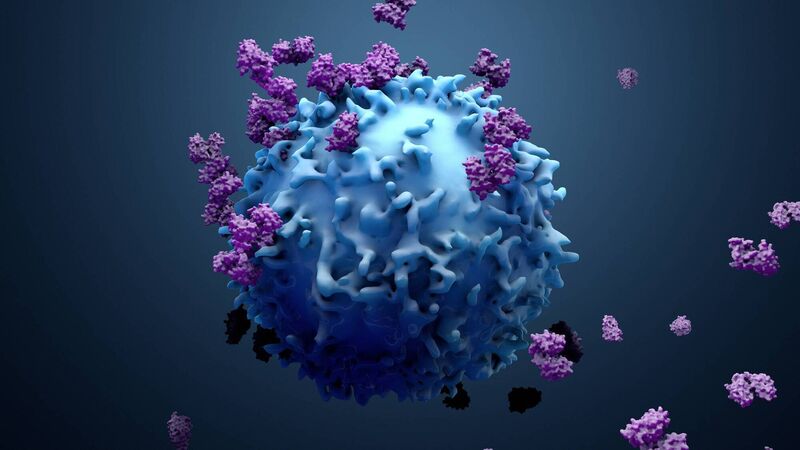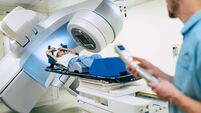World Cancer Day: Everything you need to know about Ireland's most common cancers

World Cancer Day is on February 4.
Almost 43,500 people in Ireland get cancer every year and cancer prevention manager at the Irish Cancer Society, Kevin O’Hagan says the number of cases is on the rise.
Ireland has one of the highest rates of cancer in the world, after Australia and New Zealand, O'Hagan says, and has the highest cancer incidence in the EU, according to the European Commission.











